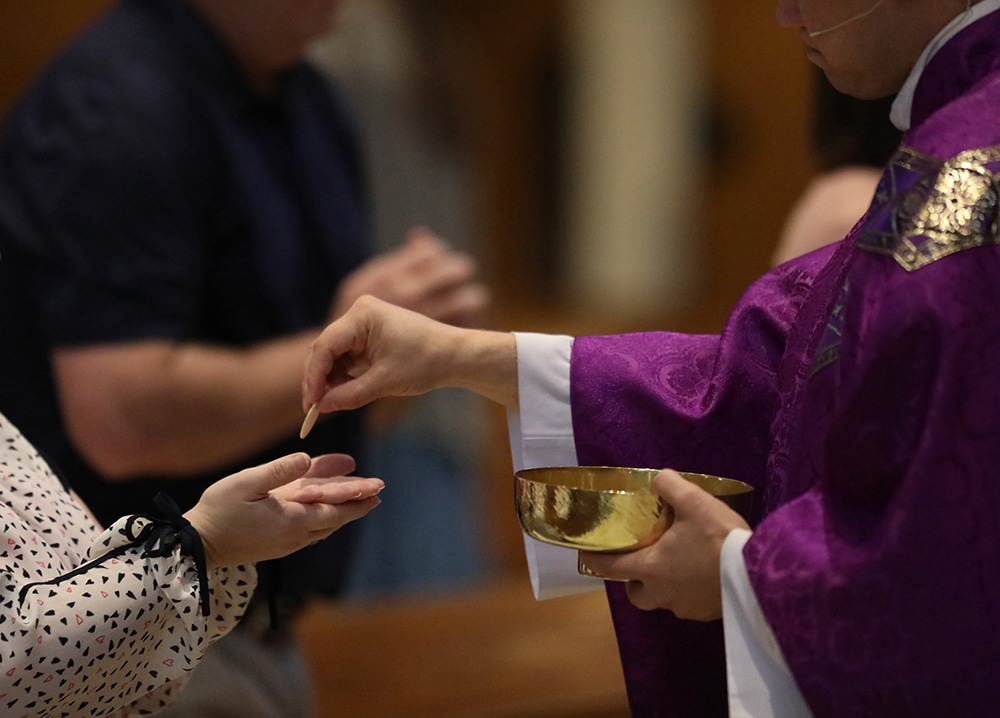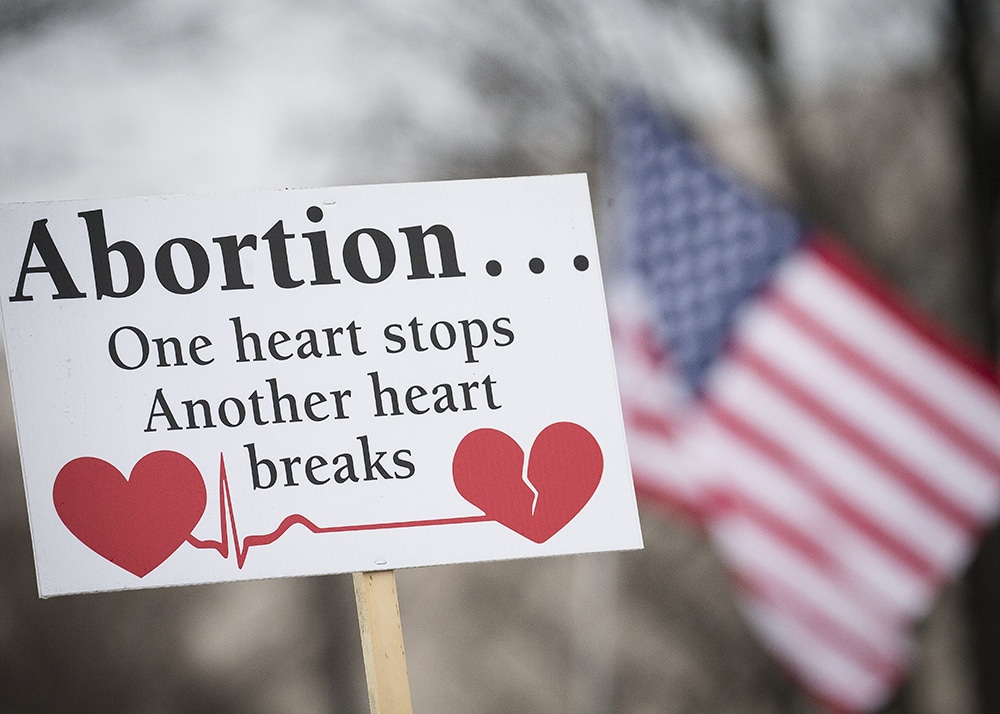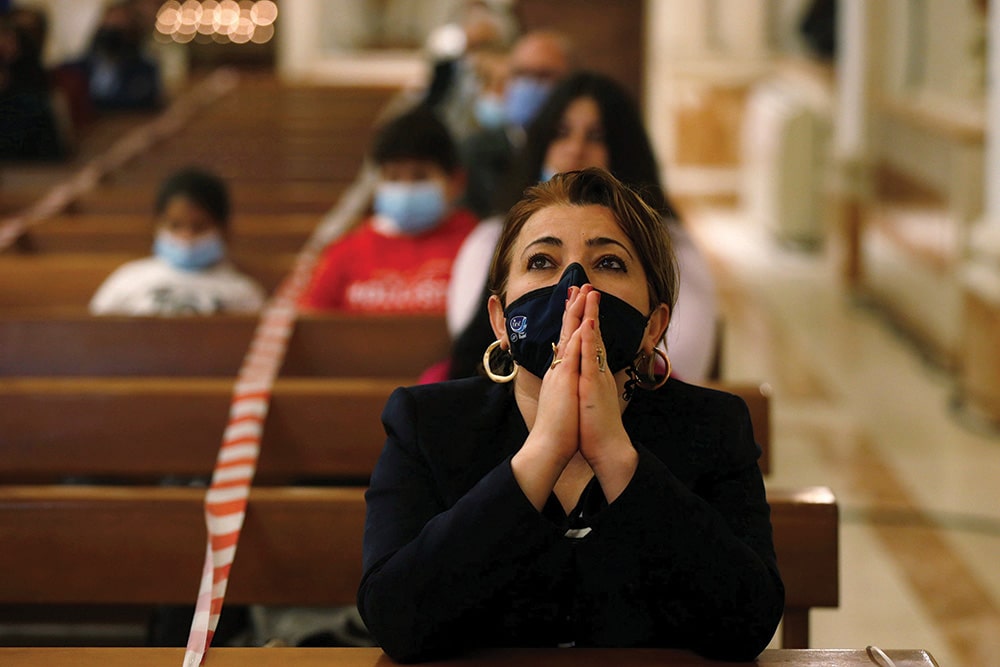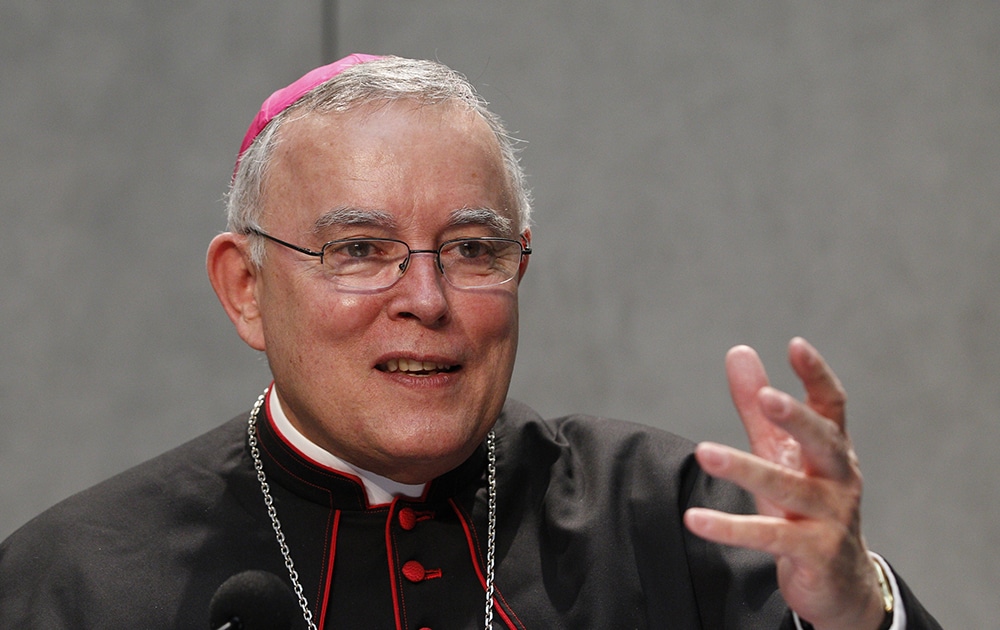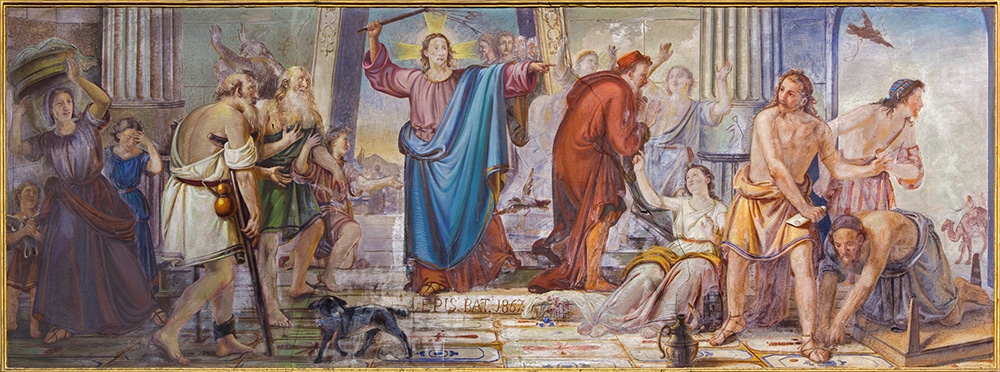 Question: Why is it that many Catholics single out a raft of sexuality-related or so-called sanctity of life violations as being the only ones that disqualify someone from receiving holy Communion? Are abortion, homosexuality, transgenderism and euthanasia the only sins? What about dehumanization of vulnerable populations and violation of the human rights of refugees, including the forced separation of children from parents, rebellion against papal authority, racism and the promotion of white supremacy, greed, exploitation of the poor, worship of power, and the execution of prisoners. Why are these sorts of sins not enough to qualify as sins grave enough to bar one from receiving Communion?
Question: Why is it that many Catholics single out a raft of sexuality-related or so-called sanctity of life violations as being the only ones that disqualify someone from receiving holy Communion? Are abortion, homosexuality, transgenderism and euthanasia the only sins? What about dehumanization of vulnerable populations and violation of the human rights of refugees, including the forced separation of children from parents, rebellion against papal authority, racism and the promotion of white supremacy, greed, exploitation of the poor, worship of power, and the execution of prisoners. Why are these sorts of sins not enough to qualify as sins grave enough to bar one from receiving Communion?
— Name, location withheld
Answer: Your question points to the need for the bishops and pastors of the Church to give a full teaching on the worthiness to receive holy Communion. For, on any given Sunday, there are many who should not approach to receive Communion. Until we give better guidance, concerns such as yours will continue to arise to the effect that we single out or emphasize certain things and neglect others.
There are, however, some technical points to distinguish in your list before returning to your point. Issues such as abortion, same-sex marriage, transgenderism, fornication, adultery and physician assisted suicide are rather binary in their essence. You are either for them or against them; you either think they should be permitted or you don’t. Further, these are very publicly debated, and many well-known political figures have taken clear sides on them. So one’s stance on these issues is pretty cut and dried.
Many of the other issues you list admit of prudential judgements or applications. For example, caring for the poor is something most people agree with. The question is how best to do that: through the federal government or more local ways, through this or that program, etc. Immigration is something that the Church supports, and immigrants should be treated justly and kindly. But how and when we must regulate the large numbers approaching our borders, and what is just or what goes too far is a matter of prudential judgment. Racism and white supremacy are sins, but is every allegation of these things fair or just?
So, some sins are easy to define, and it is obvious when they are committed. Some in the Church call these sins the “non-negotiables,” since you either support the behavior or you don’t; you either committed the sin or you didn’t. There is nothing to negotiate and no circumstances to consider. Other sins or attitudes involve a range of variables and circumstances to determine if they have been committed as stated and the degree of blameworthiness.
Returning to your point, however, it is quite possible for people to commit some of the sins you list to such a degree that they ought not go to holy Communion until they have confessed their sins. For example, greed can become very serious in a person such that they are inconsiderate of the poor, act unjustly and accumulate wealth indiscriminately. God makes it clear in the Scriptures that it is very important to him how we treat the poor and the immigrant. There are literally hundreds of verses of Scripture devoted to this, and Jesus clearly indicates that neglect of the poor can be a damnable sin (cf. Mt 25:41-46, Lk 16:19-31). Racism, too, can be very ugly and cause us to treat others with contempt, prejudice and injustice. To the degree that we allow it to grow unchecked in us, it can and may well bar us from holy Communion. We have no business despising anyone made in God’s image and created by him.
For all these reasons, it is time for the bishops and pastors of the Church to consider a comprehensive teaching on the worthy reception of holy Communion. The bishops especially should lead us all to understand that sin comes in many forms and can grow serious enough that we need to confess our sins and sinful attitudes before approaching the altar.
Msgr. Charles Pope is the pastor of Holy Comforter-St. Cyprian in Washington, D.C., and writes for the Archdiocese of Washington, D.C. at blog.adw.org. Send questions to msgrpope@osv.com.

